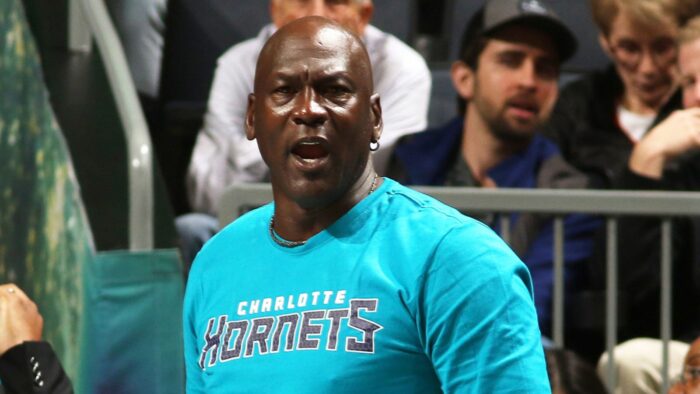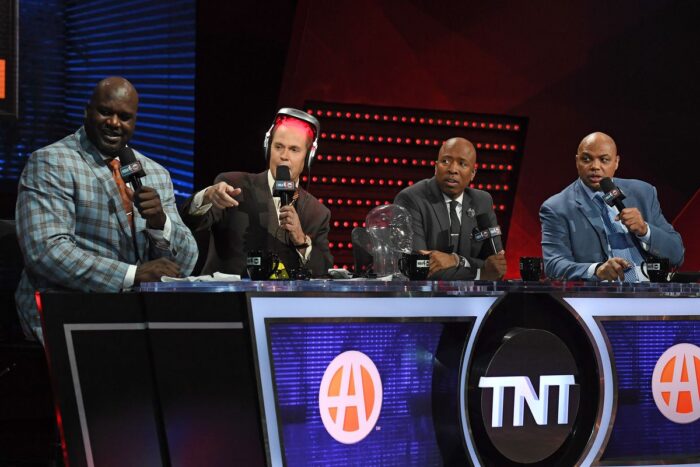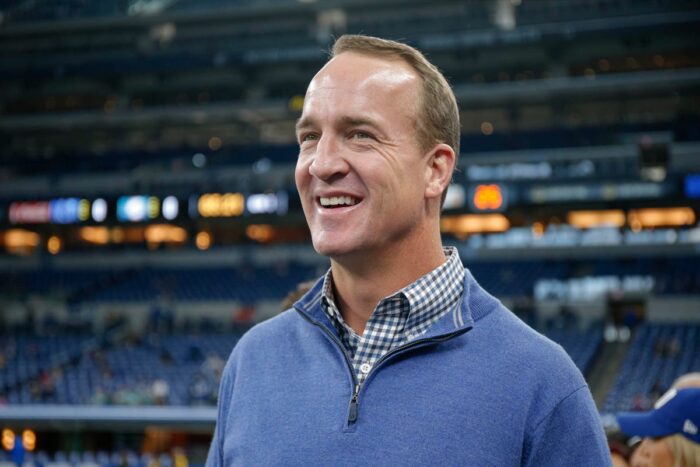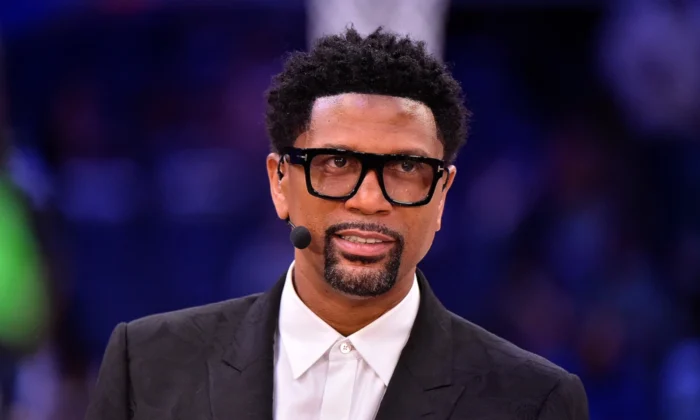Athletes are known for their dedication and commitment to their sport, pushing their physical and mental limits to achieve greatness. However, there comes a time when they must hang up their equipment and retire from the game. Retirement can be a daunting and challenging transition for many athletes, as they leave behind the sport they have dedicated their life to. With their competitive spirit still burning bright, many athletes turn to other avenues to continue their passion and to build a successful career. But what is a typical direction for an athlete’s career after they retire?
Becoming a coach

Source: fantasysp.com
One of the most common paths for retired athletes is to become a coach or a mentor. Many athletes have a wealth of knowledge and experience in their respective sports, which they can pass onto the next generation of athletes. Coaching is a way for retired athletes to continue to be involved in the sport they love and to help develop future talent. One great example of a retired athlete who has become a successful coach is Michael Jordan. After retiring from basketball, Jordan became an owner and coach of the Charlotte Hornets.
Broadcasting

Source: sbnation.com
Another common path for retired athletes is to move into sports broadcasting. Many former athletes possess the charisma and communication skills needed to succeed in front of the camera, making them ideal candidates for sports commentary and analysis. Sports broadcasting also offers the opportunity to stay involved in the sport and to share their insights and experiences with fans. Some well-known retired athletes who have made the move to sports broadcasting include Shaquille O’Neal, Charles Barkley, and Terry Bradshaw.
Entrepreneurship

Source: forbes.com
Retired athletes can also leverage their celebrity status and brand to become entrepreneurs or business owners. Many former athletes have established successful businesses, ranging from restaurants to clothing lines. These ventures can also capitalize on their expertise and experience in their respective sports. For instance, retired NFL player Peyton Manning has invested in numerous businesses, including a stake in 21 Papa John’s franchises and a co-ownership of two minor league baseball teams.
Spokespeople

Source: complex.com
Another potential career path for retired athletes is to become sports ambassadors or spokespersons for various products and brands. This can include anything from sports equipment to luxury cars. Often, athletes are seen as influencers in the industry, with their endorsement carrying significant weight and value. One notable example of a retired athlete who has made a successful transition into becoming a spokesperson is Usain Bolt. After retiring from track and field, Bolt became an ambassador for a number of high-profile brands, including Hublot and Puma.
While the above career paths are common for retired athletes, there is another emerging trend in the sports industry. As sports betting becomes increasingly popular and widely accepted, many betting sites are looking to sponsor and partner with athletes. These sponsorships can come in the form of cash incentives, exclusive content, or other perks. Some of these options are even offering athletes equity in their companies, allowing them to share in the success and growth of the platform.
There are many reasons why sports betting sites are keen to partner with athletes. First and foremost, athletes are seen as experts in their respective sports, with a deep understanding of the game and its intricacies. This expertise can be invaluable to sports betting sites, as they look to provide their customers with the most accurate and up-to-date information. Additionally, athletes have a large and engaged following, making them an ideal platform for sports betting sites to reach potential customers.
Some sports betting sites have already struck deals with retired athletes. For example, FanDuel has partnered with former NFL quarterback and current ESPN analyst Matt Hasselbeck to provide exclusive content and betting tips for their customers. Meanwhile, DraftKings has teamed up with retired NBA player and ESPN analyst Jalen Rose to promote their platform and provide insights into the world of sports betting.
Deals need to be approached carefully
However, it’s important to note that not everyone in the sports industry is supportive of these types of sponsorships. Critics argue that sports betting sponsorships may create conflicts of interest for athletes and damage the integrity of sports. They worry that athletes who are sponsored by betting sites may be more likely to bet on their own sports, leading to potential game-fixing or other forms of corruption. Additionally, some argue that these sponsorships could contribute to problem gambling or addiction among fans who look up to these athletes.
Despite these concerns, it’s clear that sports betting is becoming an increasingly mainstream and accepted part of the sports industry. As more and more states legalize sports betting, it’s likely that we’ll see more athletes partnering with betting sites in the future. However, it will be important for these sponsorships to be conducted in an ethical and transparent manner, with clear guidelines and oversight to ensure that the integrity of sports is not compromised.
Conclusion
In conclusion, there is no one “typical” direction for an athlete’s career after retirement. Many athletes go on to become coaches, broadcasters, entrepreneurs, or brand ambassadors, leveraging their experience and expertise to build successful careers outside of the sport they love. However, as the sports industry continues to evolve, we may see more retired athletes partnering with sports betting sites as well. While these sponsorships may be controversial, they represent a new and exciting opportunity for athletes to continue to stay involved in the sports industry and to share their insights and expertise with fans.
